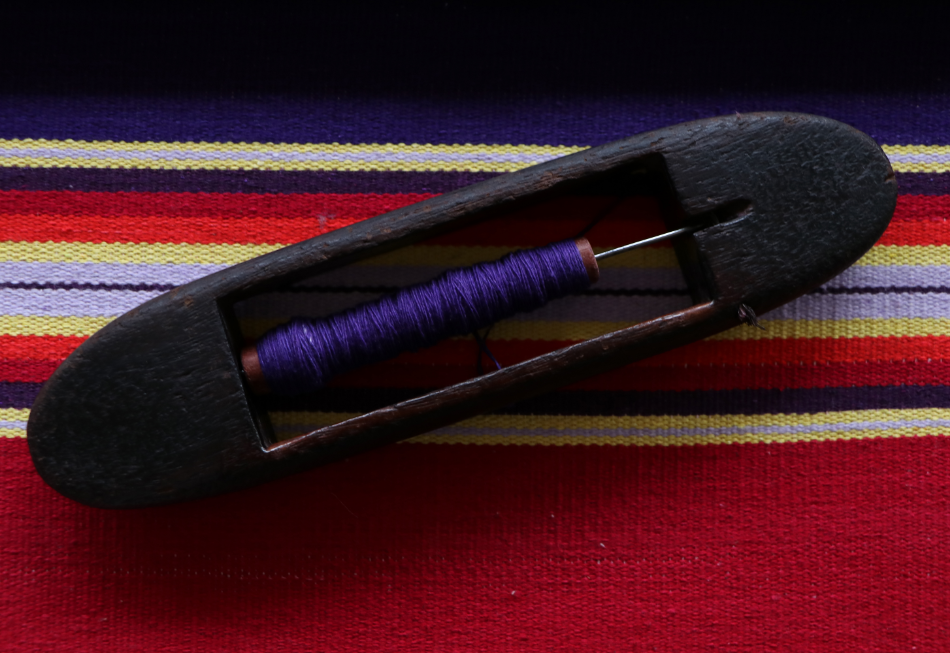The artisanal textile heritage of India has been inspiring the world for several centuries now showcasing an array of skilled craftsmanship. The diverse textile tradition has been one of the greatest products of culture, tradition, innovation, design, for economics and value creation. The major handloom products produced in India include worn clothing, rags, carpets, floor coverings, apparel and clothing accessories, knitted or crocheted, cotton fabrics, woven fabrics of silk, woven fabric of wool, lace, tapestries, embroidery, tufted textile fabrics, etc.
The state of Tamilnadu has an unrivalled history of handloom tradition that dates back to prehistoric ages. Its early origin and development through ages can be traced through various Tamil literary sources like Silapathigaram, Purananooru, Agananooru, Kurundhogai, Perumpanatrupadai, Nedunelvadai and Mullaipattu testifying the glorious tradition that changes and reshapes according to the creativity of the artisan and the demands of the rulers and market.

The western Tamilnadu of today with special reference to the Coimbatore region has been well known for its handloom textile of cotton and silk for over 2000 years. The trading Romans were keen importers of textile from here and the heritage continues to earmark this region as a hotspot for global textile import till date. A significant textile heritage that this region has nurtured for nearly two centuries is carpet weaving – The Bhavani’s Jamakkalam which has been recognized as a Geographical Indication by the Government of India in 2005. The tradition dates back to the 19th century when a group of weavers called the Jangamars in Bhavani located in the banks of Cauvery in Erode district started producing blanket using coarse cotton threads that were called as Jamakkalam. Presently the industry occupies around 20,000 handloom weavers in Bhavani, with women forming two-third of the workforce. Although Bhavani Jamakkalam is typically weaved in the form of carpets and blankets, there is surging demand for newer product versions.
Jamakkalam Durry is made from cotton, art silk, wool or jute yarn or in any combination. In the case of cotton yarn, it has a coarse count of single yarn of up to 20s or folded/plies of resultant count up to 10s. In the case of art silk yarn, wool yarn or jute yarn, it has up to 26 ends per inch, woven with plain weave or twill weave or in combination thereof in any dimension. The multihued Jamakkalam, which is a blanket or carpet with woven crossbars, has thrived for more than two centuries due to its distinct style, affordability and sturdiness.
Good Initiative of design interventions, assistive technology without removing the essence of handloom, enhanced skills for the weavers and lastly but most importantly the exposure for the weaving community to enhance their knowledge and capacity to market the products will ensure that this tradition will not only survive but thrive. Ramanandha Adigalar Foundation promoting education and research since 1984 has instituted The Centre for Weavers, Bhavani to take the rich legacy of weaving forward.
The Centre for Weavers, Bhavani of the Kumaraguru Institutions along with other partners envisions on a project to enhance the livelihood of the weaving community of Bhavani and reinvent the Jamakkalam to suit and be of relevance to today’s use and vanity. The objective of the Project Jamakkalam will be to bring back the glory for Jamakkalam with a greater market and relevant products for today’s world, leading to the economic enhancement of the weavers.
Catalyst to build capacity, innovate, create designs, strengthen and build markets for handloom industry.
Re-establish Handloom Weaving as a sustainable, profitable and dignified profession, thereby conserving the tradition by working with the weaving community, Government, the market and designers to ensure that outstanding products are created in a win for all condition while the handloom heritage stays on.